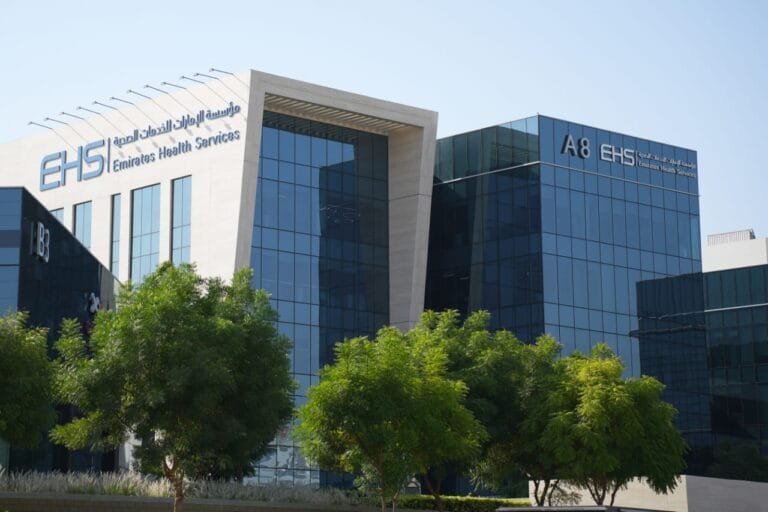Dubai, United Arab Emirates – The Emirates Health Services Corporation announced the implementation of a series of development projects. These projects aim to modernize radiology services. This step is part of a comprehensive plan aimed at improving the quality of preventive and diagnostic services. It also aligns with the country’s drive towards digital transformation and improving quality of life.

Dr. Amina Al Jasmi, Director of the Radiology Department at the institution, explained that the plan includes expanding the integration of artificial intelligence technologies into medical imaging examinations. This is in addition to reengineering procedures to simplify the customer journey. Transitioning will help expedite service access. The plan also includes updating equipment and enhancing the technical and operational infrastructure in radiology departments.
Al Jasmi emphasized that the institution is moving forward towards achieving the highest standards of accuracy and efficiency in medical imaging services. It is committed to enabling the Radiology Department to play an active role in the digital transformation system. The institution also seeks to support the UAE’s vision of providing smart, customer-centric healthcare. Furthermore, she noted that these new initiatives reflect the institution’s commitment to innovation and excellence. This support paves the way for a qualitative shift in the level and quality of services.
Dr. Al Jasmi added that the institution is currently continuing its efforts to enhance the infrastructure of radiology departments in a number of its facilities. This is being done by equipping them with advanced digital imaging devices and high-resolution ultrasound imaging technologies. The initiative also includes the use of smart user interfaces to support clinical decisions. They are updating the design of imaging rooms to provide the highest levels of comfort for customers.
Smart solutions for early detection of cancer, lung diseases, microfractures, and osteoporosis
In the context of employing artificial intelligence, Al Jasmi revealed that the institution has implemented a package of smart solutions in four main areas. These include early detection of breast cancer by analyzing mammogram images. Additionally, chest imaging is used to detect lung diseases, such as tuberculosis. Furthermore, automated identification of microfractures that are difficult to detect with the naked eye is also possible. This initiative includes the proactive diagnosis of osteoporosis by analyzing general radiographs taken for other diagnostic purposes.
Tangible results in improving service quality and reducing diagnosis time
Dr. Al Jasmi explained that the use of artificial intelligence has significantly contributed to improving image quality. It also reduces diagnosis time, which has had a positive impact on customer experience. The initiative helped reduce the need for mammography visits by 88%. It has also contributed to reducing the time required to obtain a service from 19 days to one. This transition has helped implement the “single-day diagnosis” model.
Integration of services with smart digital systems
Al Jasmi noted that these technologies are supportive tools for medical staff. They contribute to enhanced accuracy and accelerating service delivery. She emphasized the Radiology Department’s commitment to integrating its services with official digital systems. By linking radiology reports and appointment services to the institution’s smart application, this integration facilitates the customer journey. It allows them to access results and book or modify appointments electronically.
Al Jasmi concluded by emphasizing that this digital approach supports the integration of healthcare services. It provides innovative and secure solutions. These solutions contribute to providing faster and more reliable services. The initiative is in line with the country’s goals of building a comprehensive and advanced digital healthcare system.

















